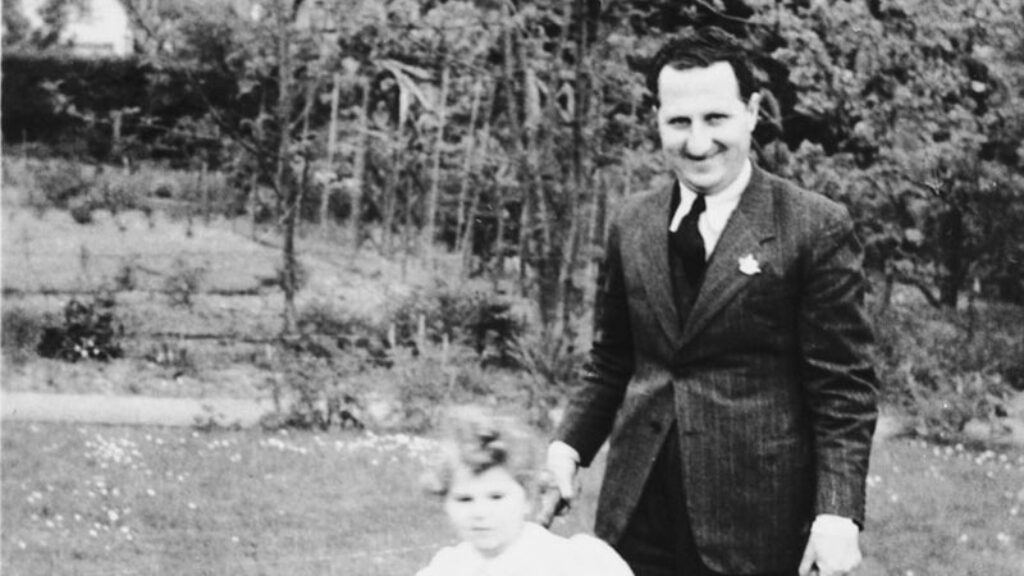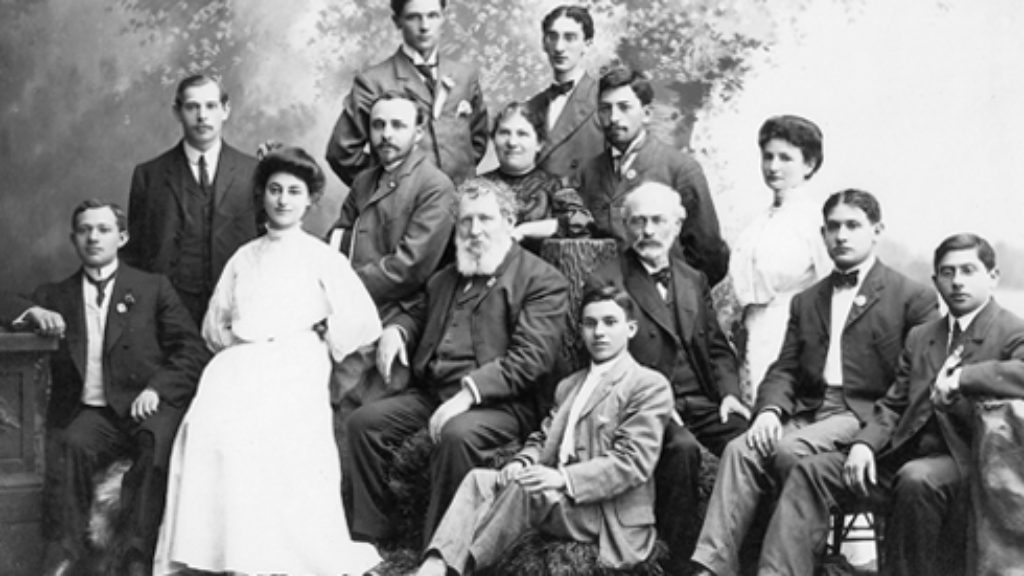Are Demographics Destiny?
Despite my many agreements with Hillel Halkin’s essay, he lost me when he appealed, yet again, to “demographics.” Demographics seem to be a constant focus in Halkin’s writings. In his 1977 book, Letters to an American Jewish Friend: A Zionist’s Polemic, Halkin identified assimilation, meaning the American Jewish shrinking demographic, as a primary justification for Israel’s project. Israel was about the survival of the Jewish people, the Jewish demographic. However, the threat of survival did not end when Jews like Halkin, or even Jews from the former Soviet Union, immigrated to Israel, for the Arab natives of Palestine posed an internal demographic threat. In his 2009 essay in Commentary entitled “The Jewish State & Its Arabs,” Halkin writes about this other demographic threat, focusing on Israel’s Arab citizens. Although he acknowledges and justifies Arab grievances with the Jewish majority, his primary concern is their number and their growth. With their demand for recognition of their national identity, Halkin views Arab growth as a demographic threat. In response to this threat, Halkin argued that improving the Israeli Arabs’ standard of living would lower their birth rates and reduce the danger. “Fortunately,” he writes:
There is good news in this regard. The evidence from all over the world is that birthrates come down as economic well-being goes up. The pill is only the material cause of fewer children. The efficient causes are modernization, secularization, higher standards of living and health care, more years of education, a higher percentage of working mothers, greater individualism, and an ethos of self-fulfillment and self-advancement. The more Israelified and the better becomes Arab life in Israel, the smaller Israeli Arab families will be. Politically incorrect or not, this is the Jewish-Arab problem’s best hope. One would have to be short-sighted not to act on it.
In Halkin’s latest article, the Jewish state faces another demographic threat—this time from Orthodox Jews within Greater Israel. Again, Halkin returns to his calculations, equating high Orthodox birth rates around him with the demise of his own cultural and national future. It turns out Jewish growth can also threaten Jewish survival. Unsurprisingly, this type of thinking leads to little optimism about the prospect of change: “Israeli politics are now so solidified across entrenched lines of group identities that voting blocs are extremely stable,” laments Halkin.
I find three problems with this appeal to demographics. First, it creates a considerable amount of animosity and alienation among all those citizens whom Halkin and others have considered “demographic threats” throughout the years. Second, this appeal not only reinforces, but legitimizes the deep-seated tribalism that has been part of the Israeli state since its inception. The religious right makes this explicit when they say to the secular Zionists, “once you ran the show, and now we run the show.” Israel has never even tried to foster a civic identity among its citizens in the way that other countries, even some on the ethnic nationalist spectrum, have attempted. And third, the Jewish demographics argument relies on the inclusion of the Orthodox in the calculus at the same time as the Orthodox (among others) are to blame for the illiberal nature of the state.
I share Halkin’s fear of this new government and am worried about categoric changes that will be challenging to fix. But I do not share his dark determinism. I think we have a way out of the current political crisis, but only if we stop thinking in terms of religious and ethnic “demographics.” Instead, we must attempt to build a coalition based on liberal democratic values or, more fundamentally, shared moral concerns. Such a coalition must include Arabs who desire communal self-determination and Jews who want the same, including secular, traditionalists, Modern Orthodox, and yes, individuals and communities among the ultra-Orthodox. Such a coalition should put forth a vision of Israel that is neither an illiberal regime run by rabbis and warmongers nor a state whose legitimacy rests on tribal secular Zionist demographic calculations. If Halkin wants a secular Jewish vision to prevail, one where many national cultures, including his, can thrive, he will need to look for partners outside his own dwindling tribe of secular Zionists. And if he does, he will find them.
Suggested Reading
The Gaon of Modernity
Was the Vilna Gaon a great defender of tradition or a radical modernizer?

Family Secrets
“We beam with pleasure. We are in a place where our name is known. For both of us, this is astonishing. An absolute first.”

Schechter’s Seminary
Solomon Schechter is remembered as the founder of Conservative Judaism—but who are his religious heirs?
Love in the Shadow of Death
This is a sad story, one that begins with Sarah Wildman’s discovery among the papers of her grandfather, a physician in Massachusetts, of a file of letters dating back to 1939–1942.
Comments
You must log in to comment Log In